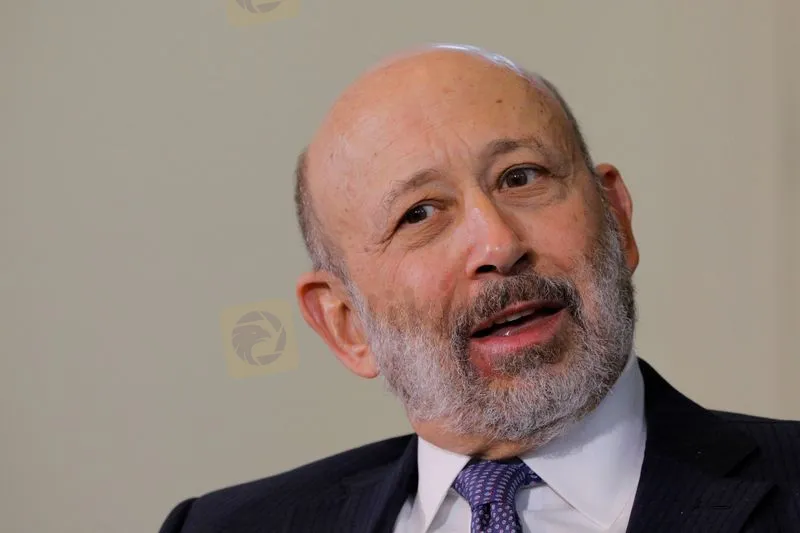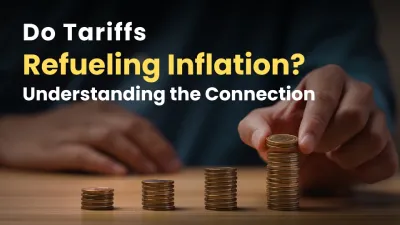简体中文
繁體中文
English
Pусский
日本語
ภาษาไทย
Tiếng Việt
Bahasa Indonesia
Español
हिन्दी
Filippiiniläinen
Français
Deutsch
Português
Türkçe
한국어
العربية
Ex-Goldman CEO Blankfein says recession possibility is 'very high risk factor'
Abstract:Former Goldman Sachs CEO Lloyd Blankfein believes the economy is at risk of possibly going into a recession

Former Goldman Sachs CEO Lloyd Blankfein said on Sunday he believes the economy is at risk of possibly going into a recession, as the U.S. Federal Reserve continues to raise interest rates to tackle rising inflation.
Speaking on “Face the Nation” on CBS, Blankfein said a recession is “a very, very high risk factor.”
“There's a path. It's a narrow path,” said Blankfein, who retired from Goldman Sachs several years ago and now holds the title of senior chairman.
“But I think the Fed has very powerful tools. It's hard to finely tune them, and it's hard to see the effects of them quickly enough to alter it, but I think they're responding well. It's definitely a risk.”
Last week, Federal Reserve Chairman Jerome Powell acknowledged that increasing interest rates will “include some pain,” but added that a far worse outcome would be for prices to continue spiking.
In March, the Fed approved a quarter-percentage-point rate increase. But some analysts say they fear policymakers have fallen too far behind to curb price increases without the sort of sharp rate hikes that might cause a recession.
Blankfein told CBS he agrees with Powell's assessment, and said some of the inflationary effects the economy is enduring now will be “sticky.” Please download WikiFX for more forex news.
“Overall for individuals, and certainly for individuals at the bottom quartile of the ... pie sharing, it's going to be quite difficult and oppressive,” he said.
Blankfein served as CEO at Goldman Sachs from 2006 through 2018, a tenure that included the tumultuous financial crisis that led the U.S. government to implement a bank bailout program.
Disclaimer:
The views in this article only represent the author's personal views, and do not constitute investment advice on this platform. This platform does not guarantee the accuracy, completeness and timeliness of the information in the article, and will not be liable for any loss caused by the use of or reliance on the information in the article.
Read more

Why Fed Keeps Interest Rates Unchanged, How Does It Affect To Forex Market?
Fed keeps interest rates at 4.25%–4.50%, impacting forex market. Dollar may rise as tariffs loom. Explore why rates unchanged and forex effects.

Do Tariffs Refueling Inflation? Understanding the Connection
Investigate how tariffs impact inflation. Learn how trade barriers influence prices and the broader economic landscape.

Will Trump's Trade Policies Fuel Inflation? BlackRock Warns of Economic Risks
Bitcoin and crypto prices plummet as recession fears and inflation warnings shake markets. Experts warn of prolonged economic challenges ahead.

How Will Central Bank Digital Currencies Could Shape Everything?
Central bank digital currencies (CBDCs) could reshape financial stability, addressing inflation, banking risks, and monetary policy challenges.
WikiFX Broker
Latest News
TradingView Brings Live Market Charts to Telegram Users with New Mini App
Trump tariffs: How will India navigate a world on the brink of a trade war?
Interactive Brokers Launches Forecast Contracts in Canada for Market Predictions
Authorities Alert: MAS Impersonation Scam Hits Singapore
Stocks fall again as Trump tariff jitters continue
INFINOX Partners with Acelerador Racing for Porsche Cup Brazil 2025
Regulatory Failures Lead to $150,000 Fine for Thurston Springer
April Forex Trends: EUR/USD, GBP/USD, USD/JPY, AUD/USD, USD/CAD Insights
March Oil Production Declines: How Is the Market Reacting?
Georgia Man Charged in Danbury Kidnapping and Crypto Extortion Plot
Currency Calculator







